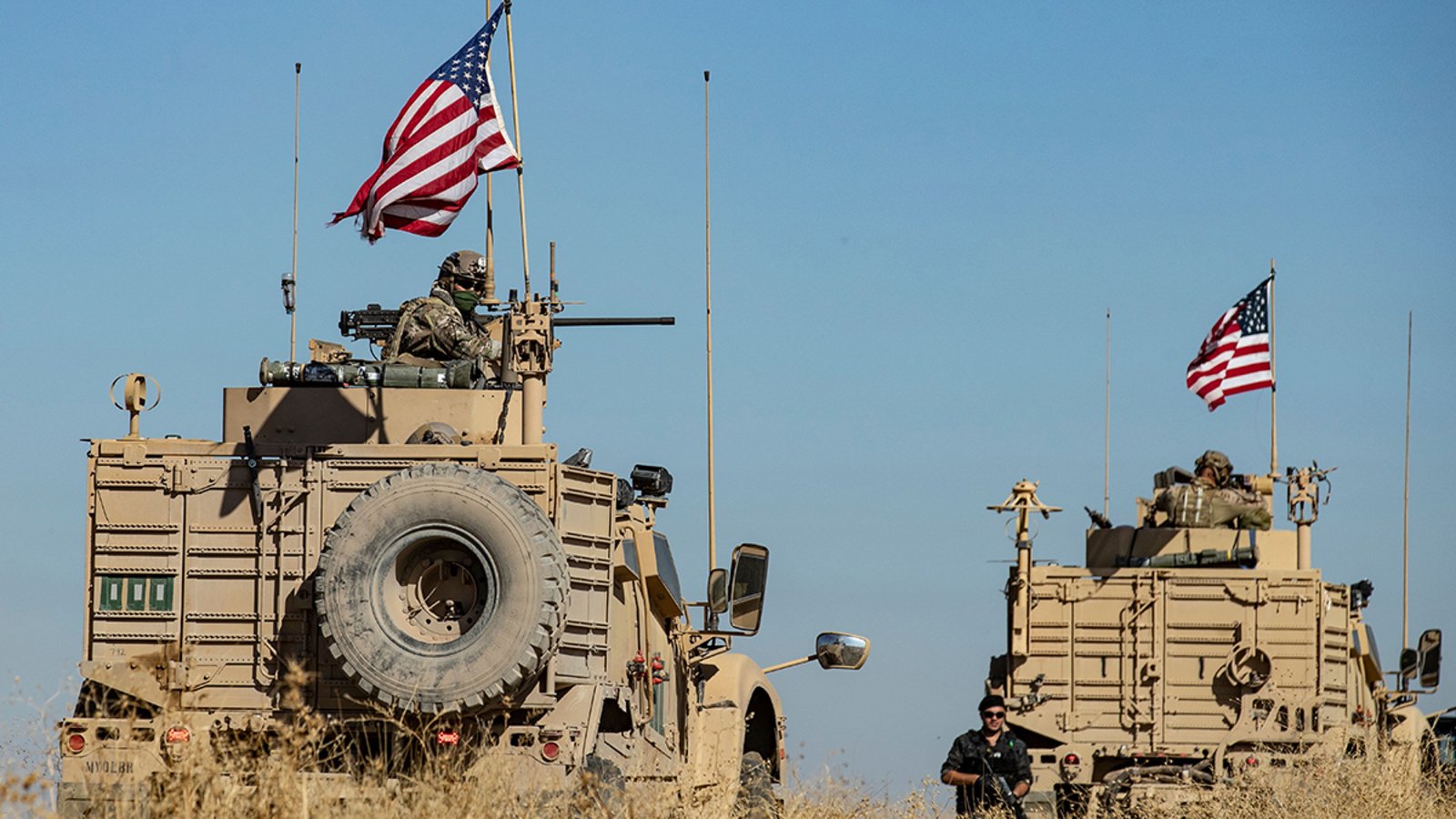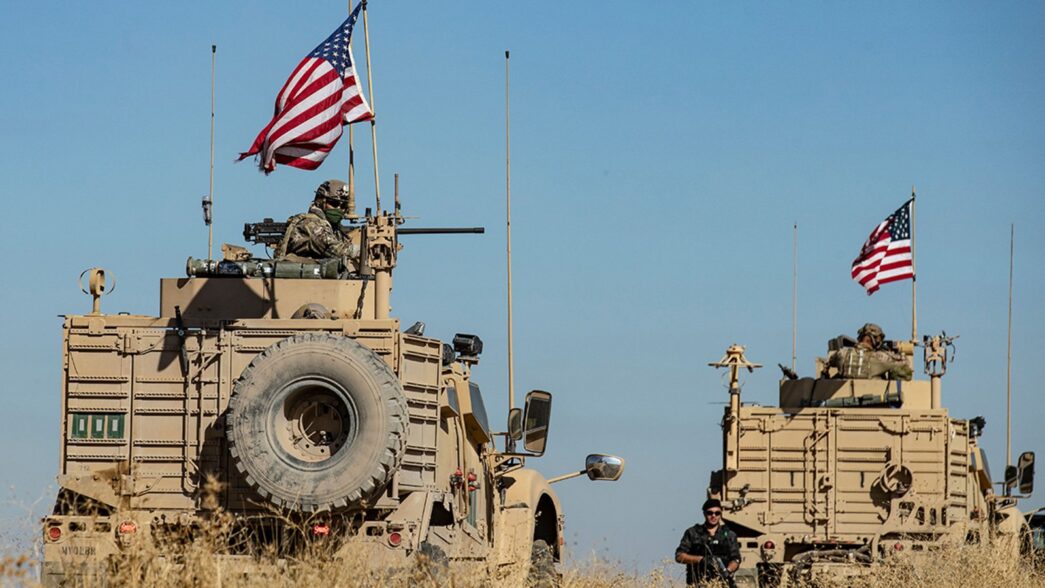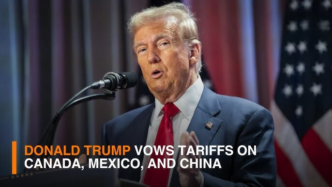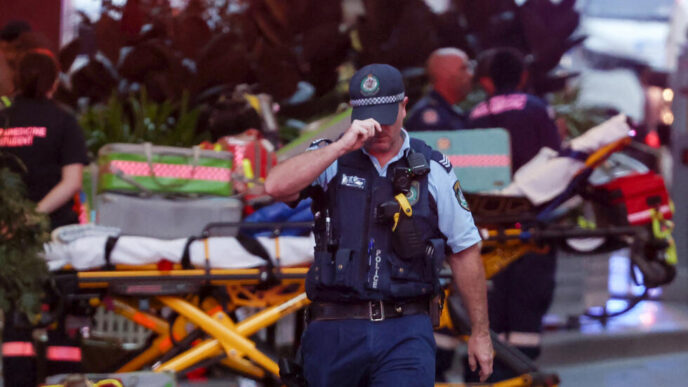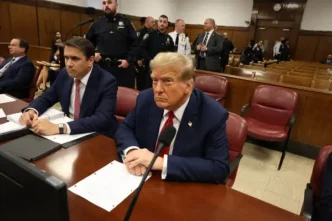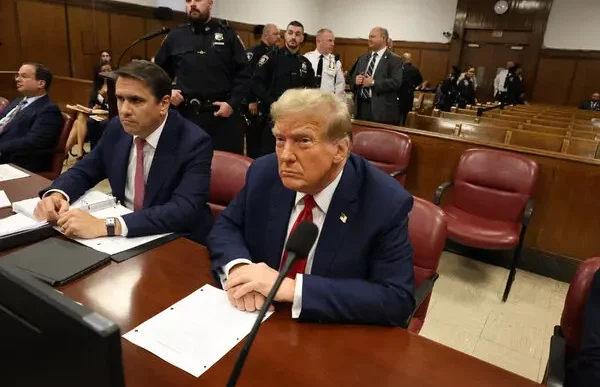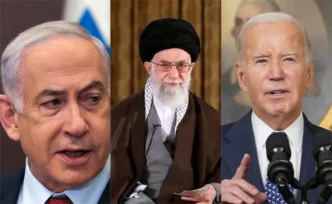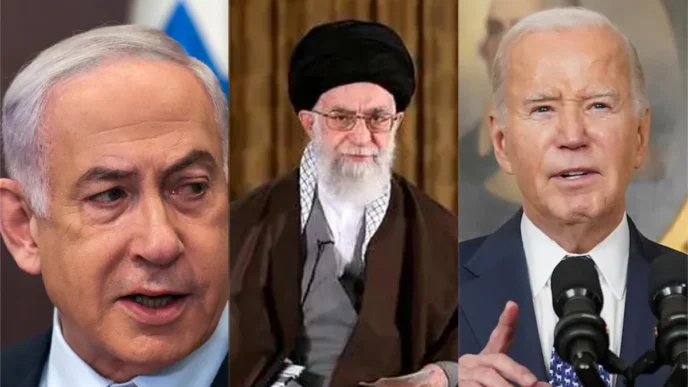The U.S. appears to be accelerating diplomatic efforts to address escalating Middle East tensions, signaling a “do it now or face it later” approach. This sentiment was echoed through significant backchannel meetings and proposals aimed at easing the multifaceted Israel-Hamas-Hezbollah conflict and broader regional instability.
On November 11, tech billionaire Elon Musk, known for his close ties to President-elect Donald Trump, held a covert meeting with Iran’s UN Ambassador Amir Saeid Iravani. The meeting, described by Iranian sources as “positive,” lasted over an hour at a secret location. While details remain sparse, The New York Times reported the encounter as a critical first step in fostering U.S.-Iran diplomacy under the incoming administration.
The Musk-Iravani dialogue hints at a departure from the more aggressive policies of the Republican establishment and could serve as a precursor to integrating Iran digitally with the global community, potentially through Musk’s X platform. Iranian President Masoud Pezeshkian has previously expressed openness to mending ties with the West, adding further weight to this engagement.
Meanwhile, the Biden administration is pursuing last-ditch efforts to mediate between Lebanon and Israel. On Thursday, U.S. Ambassador to Lebanon Dorothy Shea presented a draft truce proposal to Lebanese Parliament Speaker Nabih Berri. Sources indicate this is Washington’s first formal written attempt in weeks to halt fighting between Israel and Hezbollah.
The U.S. Embassy in Beirut confirmed ongoing diplomatic efforts, while Israel’s Energy Minister highlighted an increasingly promising outlook for a ceasefire. In a parallel development, senior Lebanese officials signaled Hezbollah’s willingness to withdraw forces from the Israeli border under specific conditions.
Ali Hassan Khalil, a key Lebanese negotiator, revealed to Al Jazeera that talks involving U.S. envoy Amos Hochstein have led to preliminary agreements. However, Israel remains firm on retaining freedom of military action near the border, a sticking point Lebanon has rejected.
This renewed diplomatic push comes amid relentless violence. Israeli strikes in Lebanon have killed over 3,386 people since October 7, according to Lebanon’s Health Ministry, while Hezbollah attacks have claimed around 100 lives in Israel. Israel has intensified its military campaign in Lebanon alongside its operations in Gaza, leaving large parts of Beirut and southern Lebanon in ruins.
Key to any ceasefire is adherence to UN Security Council Resolution 1701, which calls for Hezbollah to withdraw fighters and weapons from border areas. The U.S. and other powers view this resolution as the foundation for peace, though its implementation remains fraught with challenges.
With Trump poised to assume office in January, the U.S. appears intent on securing progress in the region, balancing diplomatic overtures with pressure. Whether these efforts will translate into lasting peace or a temporary reprieve remains uncertain.
For now, the Middle East remains a focal point of global attention, as the interplay of diplomacy, conflict, and shifting alliances unfolds.
